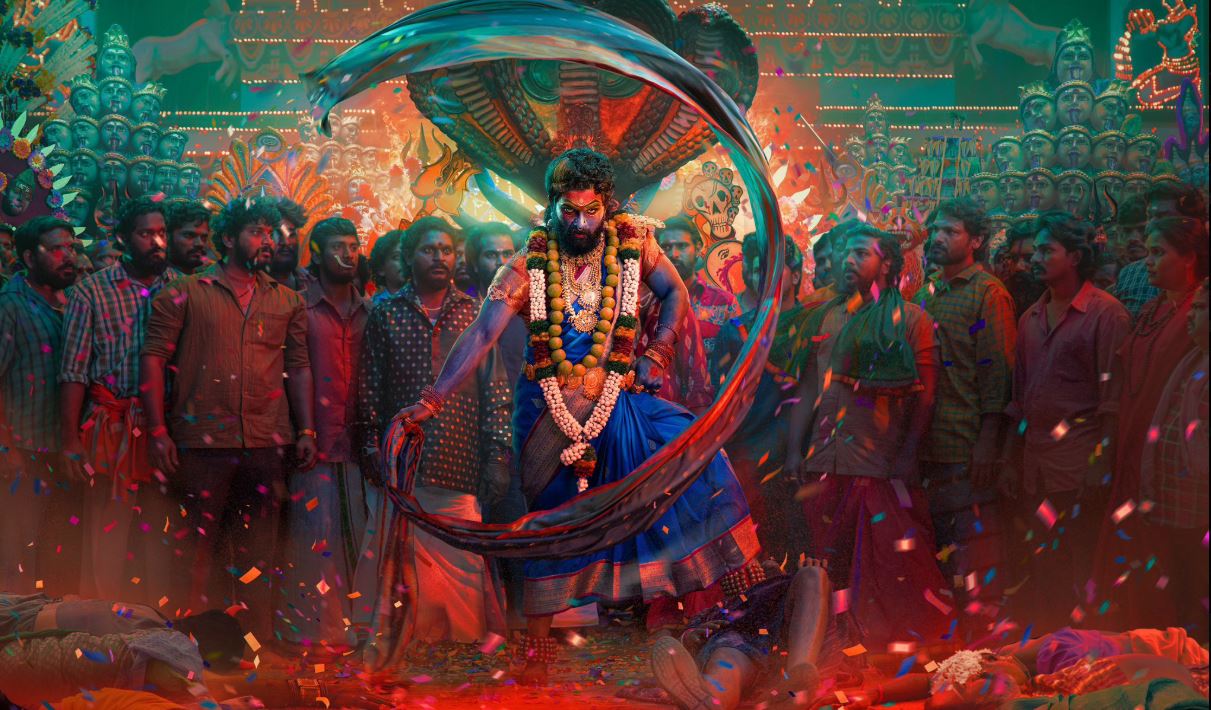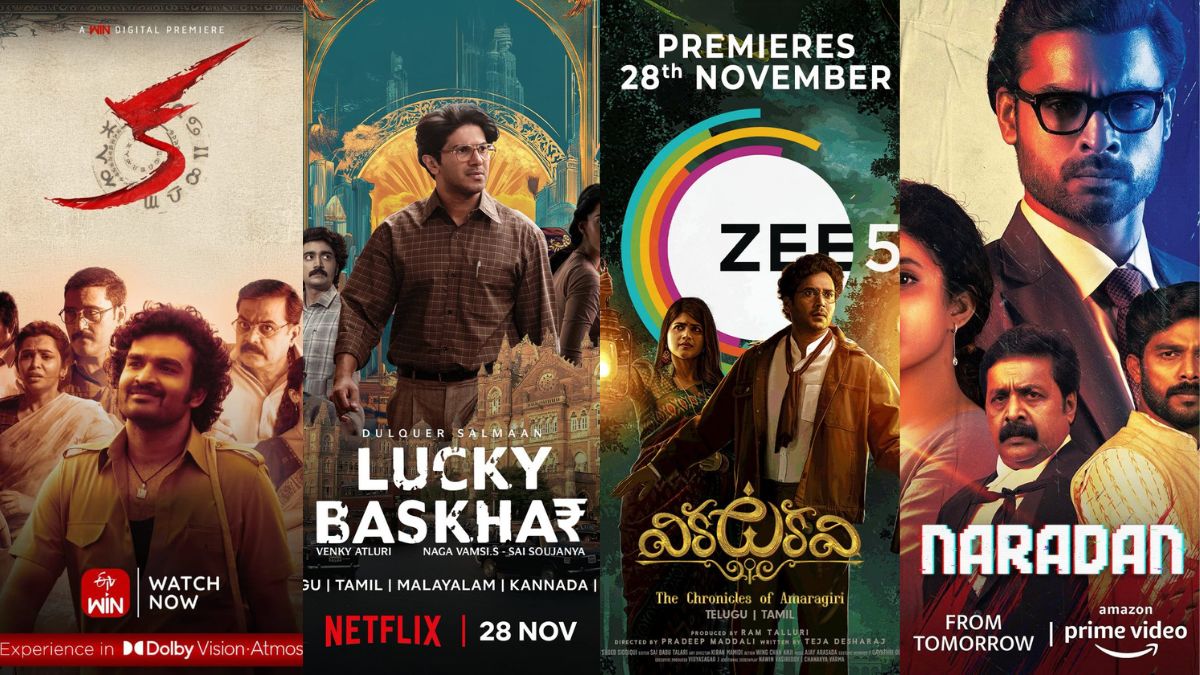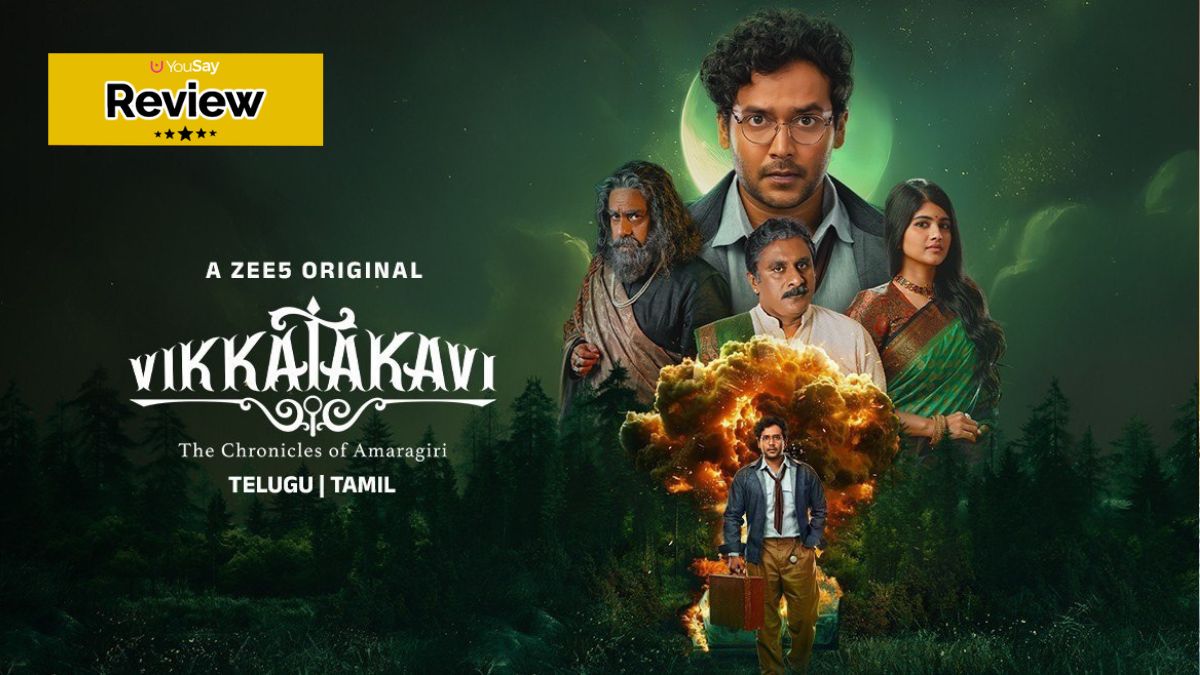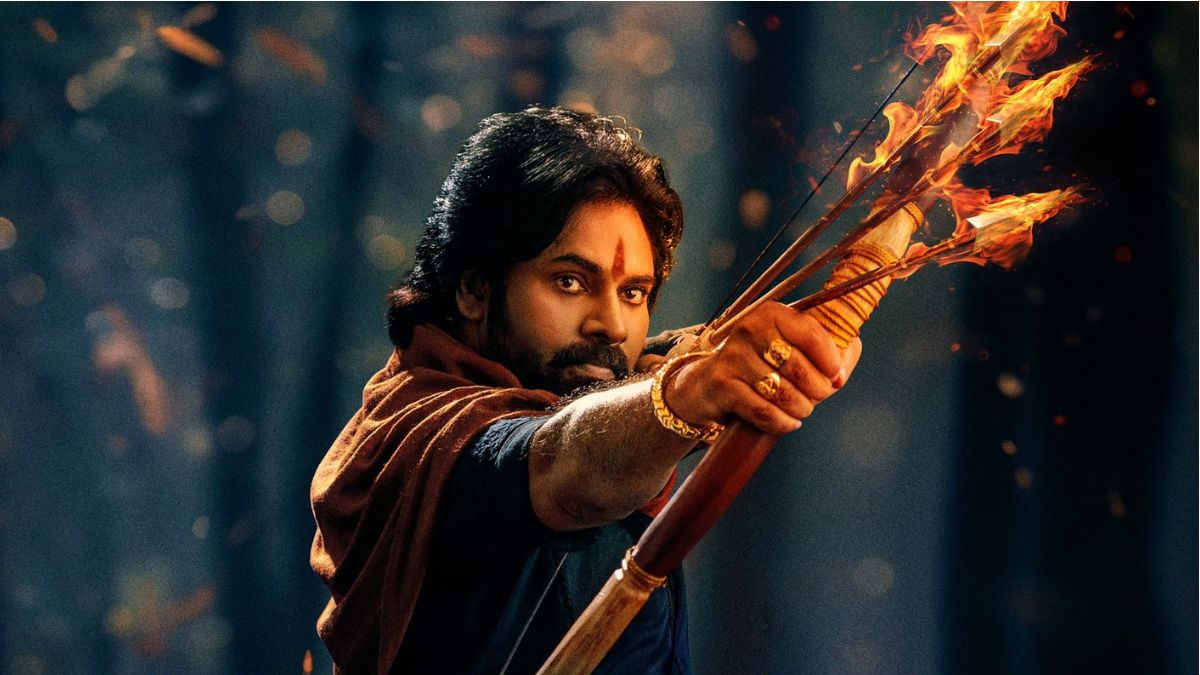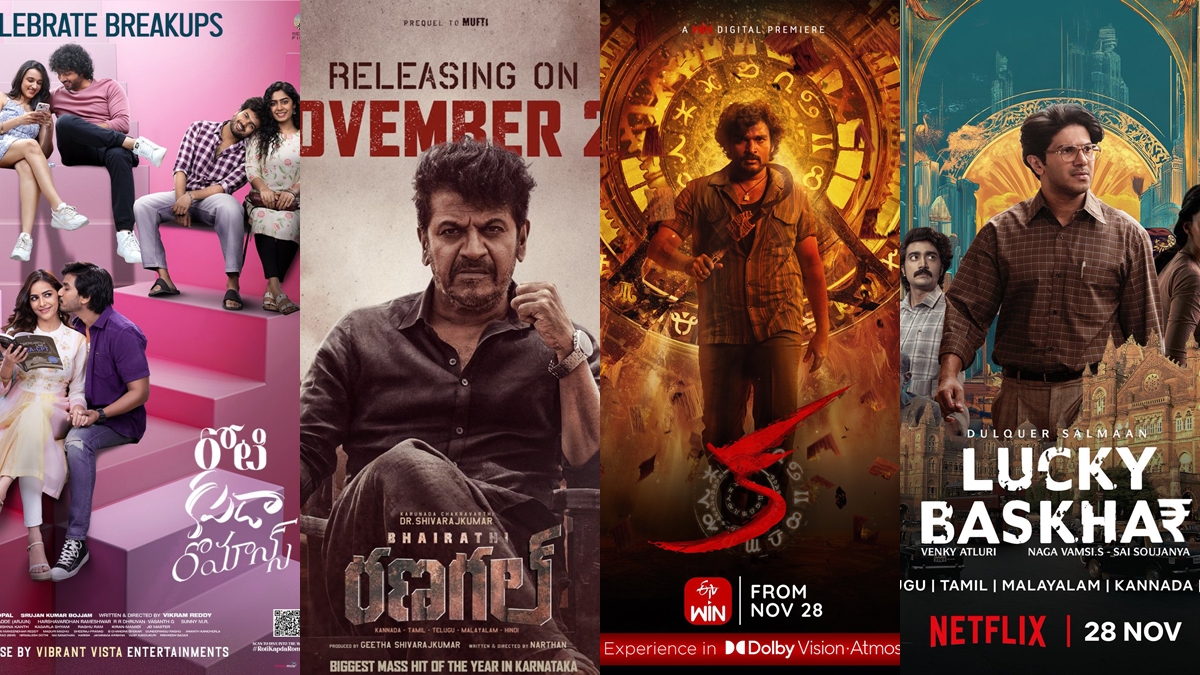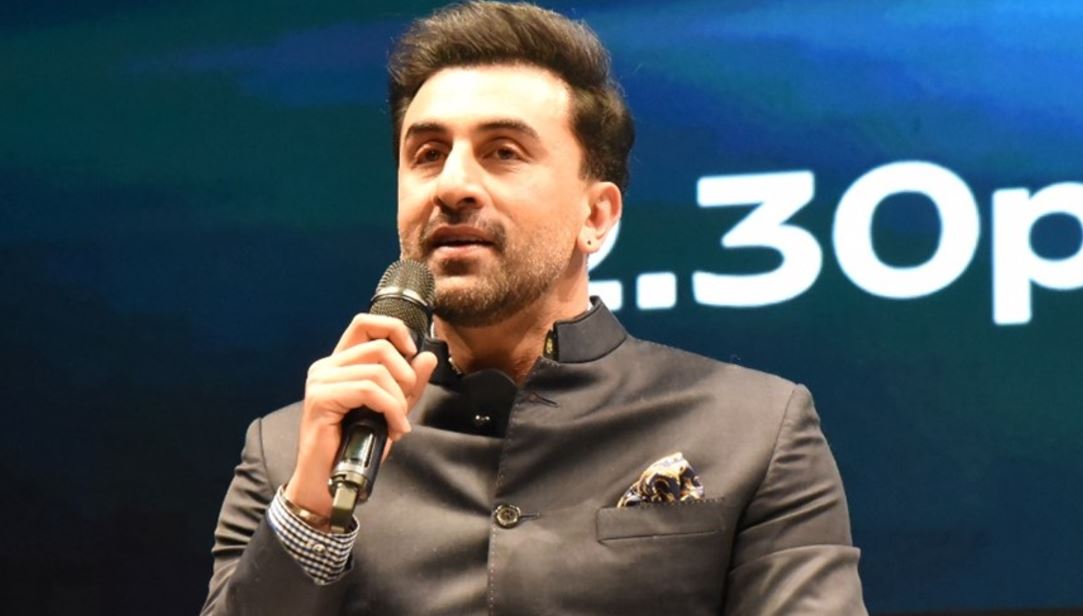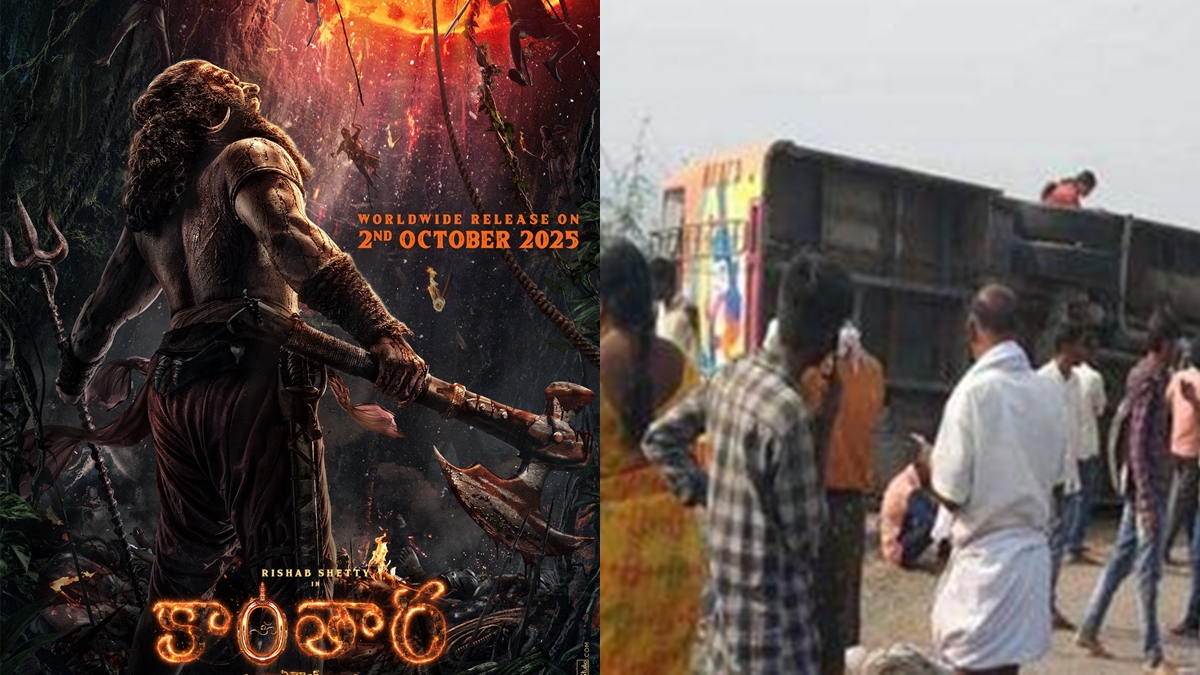Since the covid epidemic, there has been a significant shift in the film business. The majority of the time, movie producers borrow money to finance their films, and they must make enormous profits from each film in order to recoup their costs. Even critically acclaimed movies like “Ante Sundaraniki” and “Thank You” turned out to be duds in theater revenues. The Telugu cinema industry is unsustainable, as evidenced by the fact that many distributors have lost money, even on the biggest blockbusters like “RRR.” There are many reasons why Tollywood is currently experiencing this unexpected crisis.
The rise of OTTs has been crucial, and the idea of pan-India has encouraged artists to take significant quantities of money from producers under the guise of payment. The swift increase in movie ticket prices only made this financial situation worse. With all of these problems, producers have tightened their purse strings to prevent further losses and have begun talking about how to get out of this rut. Over the course of these two or three days, the producers’ committee had to make a lot of difficult decisions. Heroes like Ram Charan and NTR have advocated for reducing their pay in public.
Let’s look at the real problems that need to be solved and the current state of Tollywood.
What is causing loss of Theater Revenue?
The film industry has suffered severe losses as a result of the COVID outbreak. In this case, the steps taken to make up for the losses have backfired. Adding fuel to the fire, ticket price rises have resulted in significant losses for producers and distributors. Early OTT releases drew audiences away from the theatre. The general public is unwilling to spend Rs.300 to Rs.500 on a subpar film. Furthermore, the massive increase in star pay that has coincided with the expansion of pan-Indian culture has become a nightmare for producers and distributors. Costs have increased for both production and VPF(Virtual Print Fee).
What are the primary worries of producers?
According to producers, a low production cost will negatively affect the quality of their films, making it hard to make a good movie on a short budget. Between 30 and 40 percent of the film’s budget is spent on the lead protagonists’ high salaries. Insisting that everyone else in the industry was suffering except for the heroes, the council members vented their rage at these celebrities.
The impact of OTTs is equally substantial. The big movies are being released to OTT so early, according to the producers, that the cinemas aren’t filling up. In addition, a number of producers claim that managers and coordinators inflated the figures for movie collections. Rumors claim that while the heroes’ remuneration is increasing, producers and distributors are losing money as a result of erroneous estimates. In this situation, the producers’ council, which has been deliberating for two to three days, has issued a number of important decisions.
- The plan is to wait 10 weeks before releasing high budget films on OTT.
- After four weeks, films with a limited budget can be released on OTT.
- Films with a budget of 6 crore or less should discuss its OTT release with the council and members of the federation.
- VPF: The costs related with the movie’s virtual print charge, or VPF, must be covered by the exhibitors.
- There should be a reasonable price cut on movie tickets. It has been decided that multiplexes will have a limit of Rs. 170.
- There will no longer be a manager-coordinator system.
- Until the issues are resolved, there won’t be any shootings.
What are the heroes saying?
Tollywood heroes are considering taking corrective measures. Known producer Dil Raju held meetings with Ram Charan, NTR, and Allu Arjun. These celebrities expressed a desire to have their compensation reduced. Chiranjeevi also addressed the problem in letters to the producers. There may be lengthy conversations between the producers and the heroes.
The consequences of halting the shootings
Stopping the shootings might not be good for the business. The shooting halt may prevent the release of upcoming blockbusters like The Godfather and NBK107, which are predicted to generate significant revenue for the industry. The producers’ council, however, claims that they are determined about their decision since they are attempting to find lasting answers to the issues.
What does the audience want?
Actually, it doesn’t matter to the viewer what happens in the industry behind the scenes. They ought to have the means to see the movies. Naturally, they’ll seek alternatives like OTT and piracy if they can’t afford the tickets.
Will the focus now be on the movie, the plot, the screenplay, etc. rather than the star actors and delivering something original rather than making generic, template movies in large numbers?



